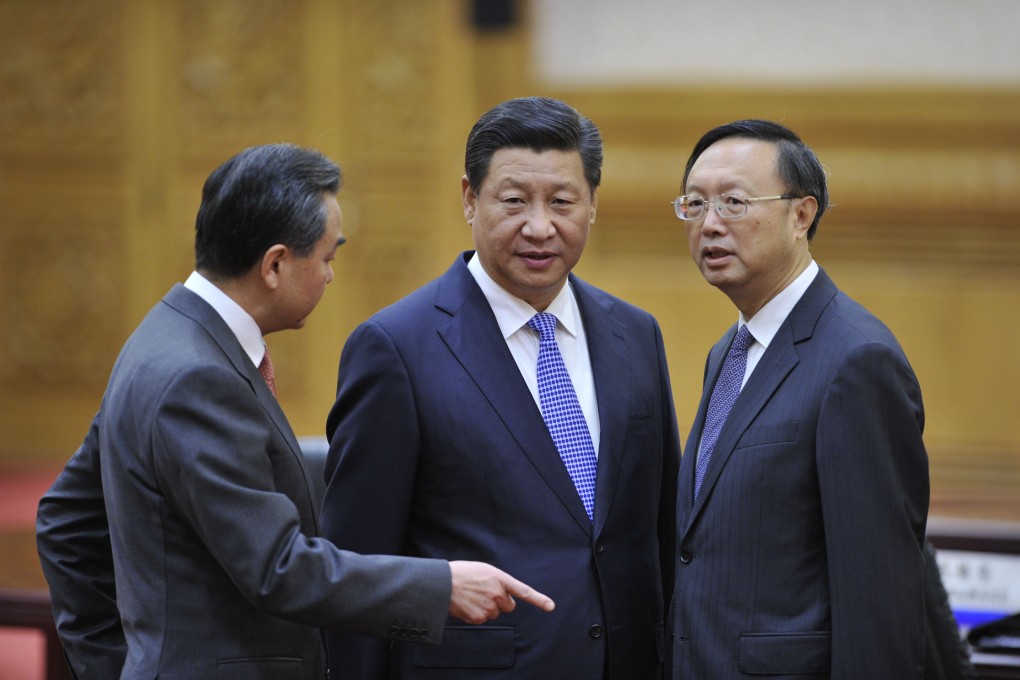Advertisement
Outside In | US-China relations: Alaska meeting offers hope of the beginning of a thaw
- Amid unprecedentedly negative US public views of China, concrete results cannot be expected, but that does not matter
- The two can agree to disagree on the Uygurs and Hong Kong, and perhaps find common ground on the Myanmar crisis, climate issue and pandemic recovery
Reading Time:4 minutes
Why you can trust SCMP
3

I glimpsed at the Anchorage weather forecast for the weekend ahead: minus-4 degrees Celsius, light snow, feels like minus-9 degrees. Surely that is a fitting deep-freeze setting for the first, tentative meeting between top officials tasked to rebuild the US-China relationship out of the dark Manichaean mess that has marked the past four years.
I confess the meeting is a surprise, albeit an encouraging one. I have no idea who suggested it, but it was a smart offer. Concrete results cannot be expected, but that does not matter.
The simple willingness of Joe Biden to let his top foreign affairs Sherpas – Secretary of State Antony Blinken and national security adviser Jake Sullivan – stop over in Anchorage on their way back from meetings in Japan and South Korea, to meet their Chinese counterparts, Politburo member Yang Jiechi and Foreign Minister Wang Yi, shows open-mindedness and opportunism of the highest order.
Advertisement
With US President Biden just 50 days into his presidency, and all eyes focused on the US$1.9 trillion pandemic relief bill and the post-mortem examination of the January 6 assault on Capitol Building, the new administration’s willingness and ability to build credible momentum on its foreign policy agenda should be celebrated.
So too should Beijing’s willingness to plunge into what must surely be tough discussions so quickly after the National People’s Congress (NPC) meetings.
The diplomatic finesse is in sharp contrast to the blunt-instrument pugilism that marked Biden’s predecessor.
Advertisement
Select Voice
Select Speed
1.00x

